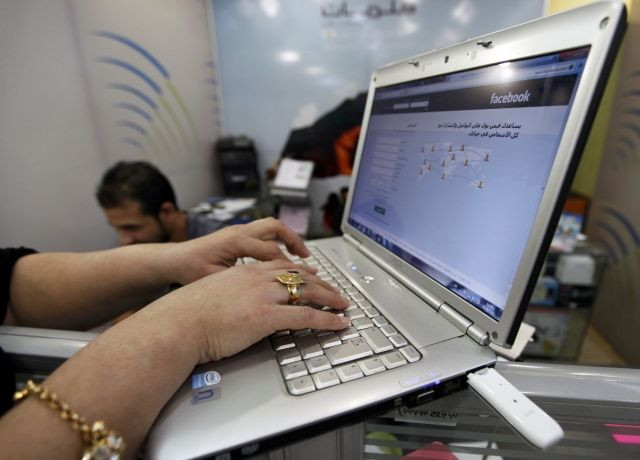Internet Freedom Day: First Anniversary Of SOPA Defeat Becomes A Rallying Cry For Digital Rights Activists

After the Stop Online Piracy Act, or SOPA, met defeat by congressional inaction last year, its failure stood as proof of Netizens' power to rally against and thereby halt legislation that is portrayed as censorship.
With Friday the first anniversary of SOPA’s defeat, activists have dubbed Jan. 18 Internet Freedom Day, an unofficial holiday that celebrates transparency online.
Digital-rights activists were galvanized early Friday when a video of Martin Luther King Jr.’s famous “I Have a Dream” speech was removed from Vimeo because of a copyright violation. The MLK holiday on Monday, combined with the slain civil-rights leader's position on the world stage as a freedom fighter, made the 1963 speech a perfect example of the message Internet Freedom Day tried to convey, according to Fight for the Future.
“For our part at Fight for the Future, as MLK Day is coming up, we realized that one thing that we all care about deeply that faces constant censorship is Dr. Martin Luther King Jr.'s historic 'I Have a Dream' speech. It's hard to find something that is as important to watch and learn from, yet since it is copyrighted until 2038, YouTube and other sites censor unabridged versions of the speech. You're supposed to wait 25 years to share it,” representatives of the nonprofit advocacy group said in a post on Boing Boing.
“To celebrate both Internet Freedom Day and MLK Day, we made a video containing the complete 17-minute 'I Have a Dream' speech ... so people can share it on Facebook, Twitter, and their blogs. Doing just that is a small act of civil disobedience to celebrate the freedom that Dr. King fought for and make sure his words reach people around the globe this weekend. Dr. King said, 'One has a moral responsibility to disobey unjust laws.'”
The holiday is especially poignant because of the recent death of Aaron Swartz. An early architect of Reddit and advocate of transparency on the Net was found this month after committing suicide two years to the day after his arrest for downloading 5 million academic articles from the online database JStor and planning to distribute them for free on a peer-to-peer network.
Swartz was facing a possible 30 years in prison and a potential $1 million fine for what some experts said was less of a crime and more of an exposing of a loophole. He had also spoken out against the dangerous change SOPA would bring to the Internet, as noted in this YouTube video.
To shed more light on issues that could pose a threat in the future, members of the activism team at the Electronic Frontier Foundation participated in an Ask-Us-Anything session on Reddit. During the session, they encouraged concerned online users to contact their local politicians and, perhaps most important, to stay informed.
“Right now, luckily, we scared Congress so much with the SOPA blackout, we're not likely to see legislation like SOPA anytime soon. We've heard from congressional staffers their bosses are constantly (and nervously) asking, 'Is this the next SOPA?' when weighing Internet legislation,” wrote one EFF representative.
“But that does not mean the content industry is giving up. Soon, they'll be implementing their 'six strikes' plan -- or, as we like to call it, 'The Copyright Surveillance Machine.' They also have been busy pushing for excessive copyright treaties like TPP [Trans-Pacific Partnership] to try to push harsh [intellectual-property] laws in other countries. So it's important to stay vigilant against copyright issues because you never know where they are going to crop up next.”
© Copyright IBTimes 2024. All rights reserved.





















